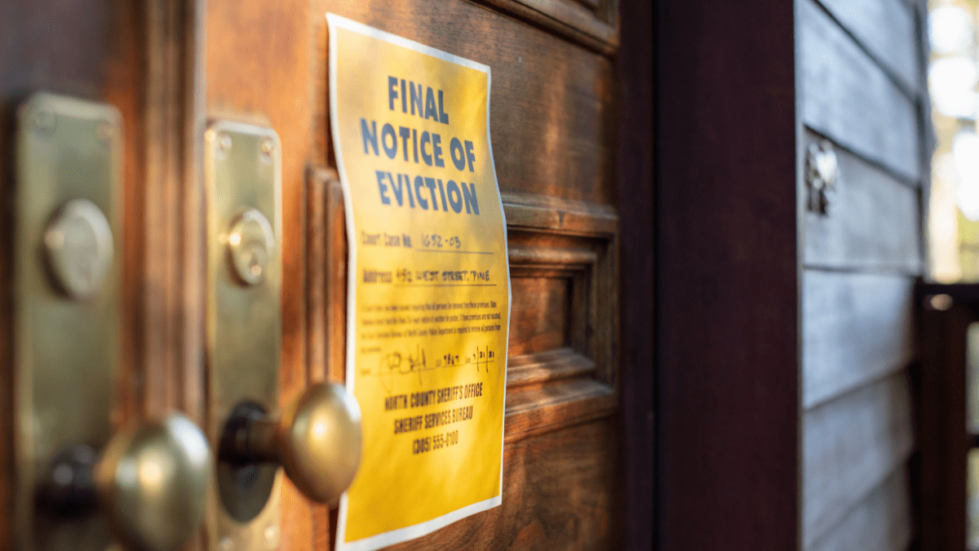The Delaware Supreme Court has adopted a new rule that will allow residential tenants to be represented by non-lawyer, qualified tenant advocates in eviction proceedings.
Supreme Court Rule 57 has long permitted the representation of landlords and landlord entities by non-lawyer agents in eviction proceedings but it does not permit the same for tenants.
With the adoption of Rule 57.1, qualified tenant advocates may prosecute or defend eviction proceedings, engage in settlement negotiations, file pleadings and other documents, and appear in the Justice of the Peace Court with the consent of their residential tenant-client.
Qualified tenant advocates will be trained by one of Delaware’s three legal aid agencies and will remain under the supervision of a Delaware legal aid lawyer throughout the representation.
A spokesperson for the Delaware Supreme Court could not be immediately reached for comment.
John Whitelaw, advocacy director for the Community Legal Aid Society of Delaware, said the adoption of the new rule is “a big deal” and “an important advancement for tenants in Delaware in trying to make the playing field a little less uneven.”
The move comes as a backlog of eviction cases makes its way through Delaware courts following early-pandemic eviction moratoriums and a rocky rollout of federal rental assistance by the Delaware State Housing Authority.
With the CDC’s eviction moratorium having ended in August 2021, many experts and advocates expected that Delaware would see an immediate increase in eviction filings. That hasn’t panned out.
According to Eviction Lab, which tracks filings in Delaware and compares the data to pre-pandemic figures, since March 15, 2020, there have been 13,313 eviction filings — markedly less than the 18,000 evictions that occurred in 2019.
Eviction filings in January 2022 were down 46% compared to the pre-pandemic average for the month of January.
In an earlier interview with Delaware/Town Square LIVE News, Whitelaw said that could be because landlords and tenants are seeking alternative options to eviction in light of backlogs in courts and confusion over the moratoriums.
In some cases, tenants have moved out of their rental properties before further court action. Landlords and tenants have also availed themselves to mediation options instead of going through the eviction filing process.
The new Supreme Court rule will give tenants additional resources to navigate eviction proceedings.
“It’s very exciting and we are thrilled,” Whitelaw said.
This is a developing story. Stay with Delaware/Town Square LIVE News for updates.
Charlie Megginson covers government and politics for Town Square LIVE News. Reach him at (302) 344-8293 or [email protected]. Follow him on Twitter @cmegginson4.
Share this Post





